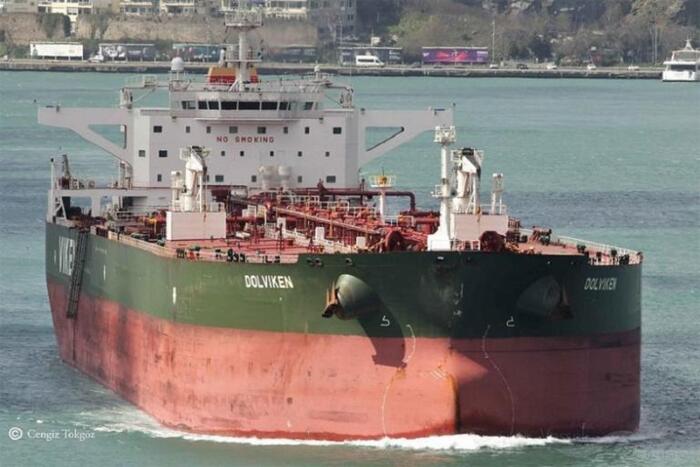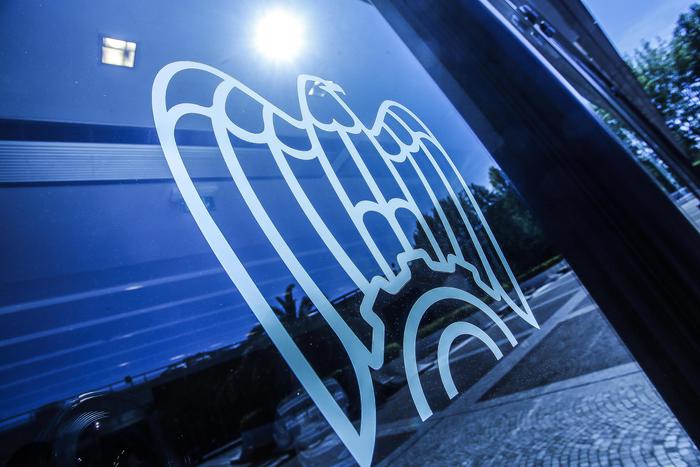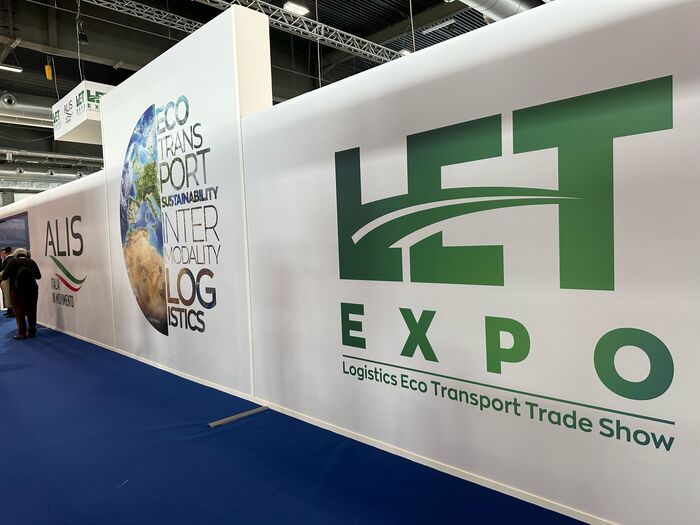Enlarge image
Stuck:
The "Ever Given" disrupts world trade with its accident
Photo: - / dpa
Garden furniture, televisions, smartphones, washing machines, test kits for Covid-19: It is very likely that all these things are currently on the ships waiting to pass through the Suez Canal in the direction of Europe or North America.
Then there are auto parts, chemical goods, oil, bulk goods and much more that keeps the economy going.
Around 50 cargo ships a day, 19,000 container ships, bulk carriers and tankers a year pass the narrow waterway in Egypt.
Many of them have their destination or origin in Germany.
If the blockade of the Suez Canal does not end soon, it should become more and more of a problem for the local economy.
And last but not least for German consumers.
Since Tuesday, the giant freighter "Ever Given" has been lying across the waterway, which is considered one of the most important in the global exchange of goods and through which around ten to twelve percent of world trade is handled.
"The route between Northern Europe and the Far East in particular is one of the most important for cargo shipping," says Christian Denso from the Association of German Shipowners.
"Everything that comes from Asia has to go through the Suez Canal on this route."
The result: On Thursday - two days after the accident - around 200 cargo ships from all over the world were waiting on the canal, according to the Bloomberg news agency.
According to a rough calculation, the maritime information service Lloyd's List estimated the value of the goods that have to hold out before passage at just under ten billion dollars - and the trend is increasing with each passing day.
China is Germany's most important trading partner
According to experts, it is difficult to say exactly how many of the goods in the traffic jam are actually on their way to or from Germany.
The global maritime business is too complex and ramified for that.
How much the problem affects Germany, however, shows a look at the relevant statistics: In recent years, the emerging countries in the Far East have become important trading partners for German exporters and importers.
First and foremost China: With a share of eight percent, the People's Republic is already the second largest supplier of imports to Germany after the Netherlands.
At the same time, every year eight percent of all exports leave local manufacturers for China, which also takes second place in this ranking after the USA.
Most recently, the Federal Statistical Office reported a corona-related overall rather mixed German foreign trade balance for January of this year - but business in China was booming.
German exports fell by a total of eight percent compared to the same month last year - compared to China, however, they increased by 3.1 percent to 7.5 billion euros.
The picture is similar for imports: Overall, they plummeted by almost ten percent within a year from a German perspective.
In the case of imports from China, however, there was an increase of 1.1 percent to 10.5 billion euros.
Around a fifth of German imports come from the Asia-Pacific region, more than half of them come from China, according to the foreign trade association BGA.
Important import goods from China are, for example, computers, storage media and entertainment electronics, but also machines, toys, tools and textiles.
Around 90 percent of the cross-border trade in goods is transported by sea.
"Transport by sea is therefore central to global networking and thus also for the strongly internationalized German economy," says Carsten Taucke, chairman of the BGA transport committee and member of the BGA executive committee.
A flourishing trade with the Far East, which threatens to suffer from the Suez Canal blockade.
"Should the blockade not be resolved, sooner or later goods will be scarce in this country," says Janis Bargsten, general manager of the digital freight forwarding company Flexport in Germany, to manager magazin.
This would primarily affect typical seasonal goods for the summer, such as bargains, such as garden furniture.
According to the industry expert, the problem does not only affect the recipients of goods from the Far East who have to wait for their delivery.
Because the "Ever Given" accident disrupts global logistics as a whole, there is rather a shortage of empty containers in many places - and German exporters are likely to be affected by this as well.
Complete disruption of the supply chain is unlikely
BGA board member Taucke sees it similarly.
The economic damage is difficult to assess because it is unclear how long the blockade will last, he told manager magazin.
"If the damaged ship cannot be salvaged soon and the canal cleared again, there is a risk of downstream problems in destination ports such as Hamburg or Rotterdam, in which the handling could be further delayed by the late arrival of the ships."
In addition, due to the greatly reduced air traffic, there are currently only a few opportunities to use air freight as an alternative for time-sensitive deliveries at short notice.
After all: A complete break in supply chains is hardly to be feared, even if the Suez Canal is blocked for a long time.
Finally, an alternative route is available with the trip around the Cape of Good Hope in South Africa.
"The way around South Africa takes six to ten days longer, depending on the speed," says Denso, spokesman for the shipping association.
"It is not necessarily more expensive, because the shipping companies save the high fee that is incurred when crossing the Suez Canal."
According to the expert, the alternative route is hardly an option for ships that are already stuck in traffic, because they would have to go back a little extra.
"Anyone who is now taking off in Singapore, for example, can consider heading straight to South Africa."
"It's like a huge stranded whale. There is enormous weight on the sand."
Peter Berdowski
, head of the Dutch recovery company Boskalis
Background: Egypt asks generously to pay for the journey through the Suez Canal.
According to reports, one passage per ship costs the equivalent of around 250,000 euros.
Depending on the individual case, the detour around South Africa can be financially more attractive.
And that the "Ever Given" accident can drag on for a while becomes more likely with each day that the more than 200,000-ton, 400-meter-long and 59-meter-wide ship is tied up.
The mega-freighter is stuck "like a stranded whale," said Peter Berdowski, head of the Dutch company Boskalis, which is trying to free the "Ever Given", on Thursday.
Shipowner's spokesman Denso explains the background: First of all, there are simple ways to free the ship, such as draining ballast water or removing sand on the shore.
If that doesn't help, however, more arduous methods would have to be used, such as unloading containers from the ship, Denso said.
"You need a crane and a barge on which the containers are placed," he says.
"With a ship of this size, this is a very complex undertaking, and it can take time."
In other words, if it doesn't take place relatively quickly to free the ship, then it will probably take a lot longer.
Not only shipping companies but also German exporters and importers should be prepared for this.
cr









